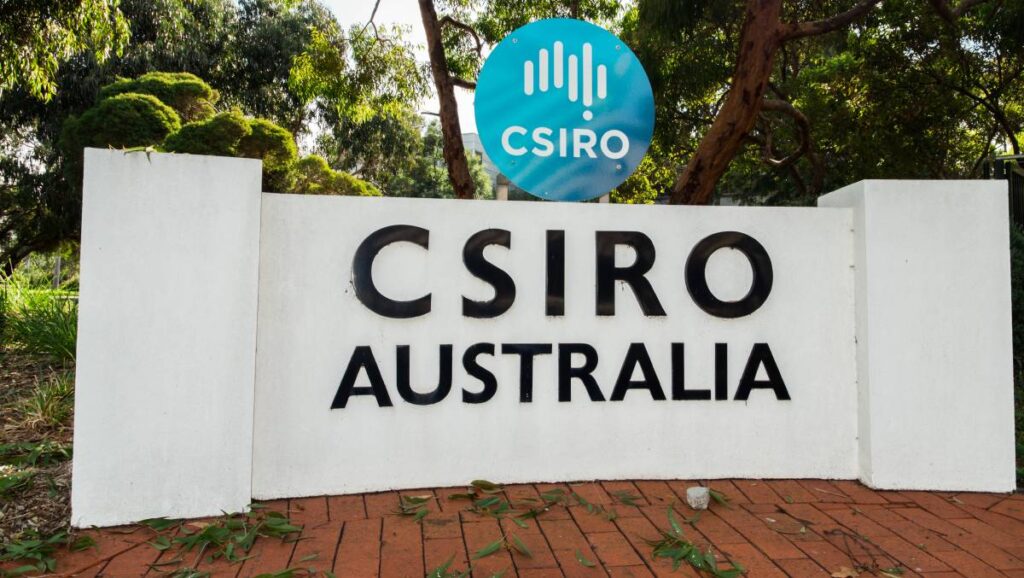HSC Technology signs licensing agreement for CSIRO’s Smarter Safer Homes technology

SYDNEY: HSC Technology Group has signed an exclusive six year licensing agreement with CSIRO, Australia’s national science agency, to utilise its Activities of Daily Living algorithm for HSC’s TALIUS platform, a news release said.
The technology was developed at CSIRO’s Australian e-Health Research Centre as part of the Smarter Safer Homes (SSH) project.
The aim was to produce a non-invasive sensor, monitoring and support system that was affordable for widespread use in either individual homes or supported-living communities.
The agreement to utilise the SSH Technology covers Australia, New Zealand and Singapore and will provide a decision support system for clinicians and healthcare workers that delivers alerts and triage for the care of older people and a communication and support system for families and carers.
Managing Director, Graham Russell, said HSC is excited to be able to utilise Australian developed technology to offer decision-making insights for both people wanting to live in their homes longer and for the supported living sector.
“The SSH Technology is a patent pending algorithm and associated software that will work with our TALIUS platform for activity pattern recognition. The algorithm calculates a new measure, the Objective Activity of Daily Living, which is supported by several clinical evaluations and publications,” Mr Russell said.
“The sensors capture data including motion, light, temperature, humidity, vibration and power usage throughout the house to build a picture of a person’s daily routine and detect deviations that may indicate decline in health, illness or injury.”
Dr David Hansen, CEO of CSIRO’s Australian e-health Research Centre, said they are excited to be able to work with an Australian SME to bring science and innovation to the market.
“The Smarter Safer Homes platform is helping to provide better integrated healthcare experiences that support high-quality independent living. Working with HSC provides an opportunity for widespread use of the science we have been developing,” Dr Hansen said.
Since 2013 CSIRO has conducted a variety of technology and health service pilots with aged care providers to assess its feasibility, user experience and for different medical conditions, culminating in a 200-patient randomised controlled trial with Health Economics assessment, which is soon to finish.
Use of the SSH technology is secured via the payment of an annual royalty fee, set at 10% of net licence revenue generated from the SSH platform, subject to a minimum annual royalty of $50,000. The licencing agreement can be terminated at any time during its term by either party, upon payment of any outstanding fees and without penalty.
HSC Technology Group provides a range of Connected Health and Smart Home solutions. The HSC assistive technology platforms allow seniors and people with disabilities to live independently via “Ageing in Place” solutions, through the use of data analysis, as well as human monitoring, to determine residents’ routines and detect anomalies.
These early insights allow for better decision-making by care providers and families, allowing more focused service, minimising unnecessary care and facilitating welfare checks in a more responsive manner.HSC helps protect and connect our elderly and people with disabilities with a scalable healthcare technology platform integrated with leading third party providers to ensure end-to-end solutions for Connected health.
HSC Technology Group’s Software as a Service (SaaS) data analytics platform TALIUS uses next generation Machine Learning and Artificial Intelligence to deliver decision-making insights that improves people’s safety, independence, autonomy and most importantly improves their lives.